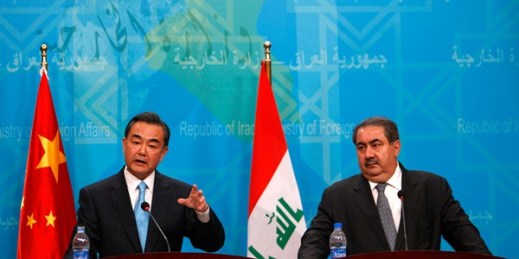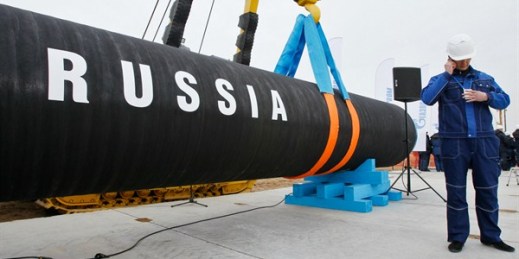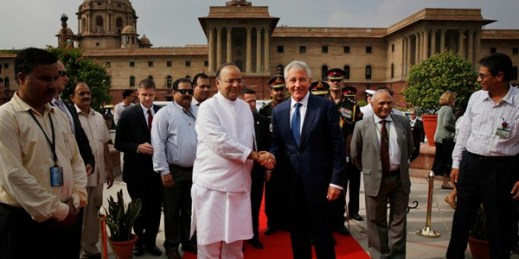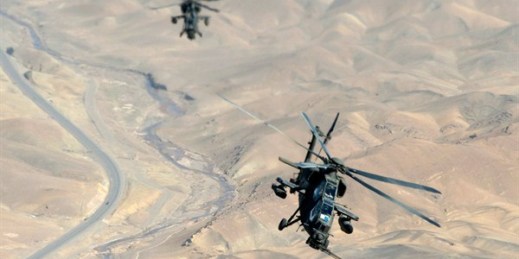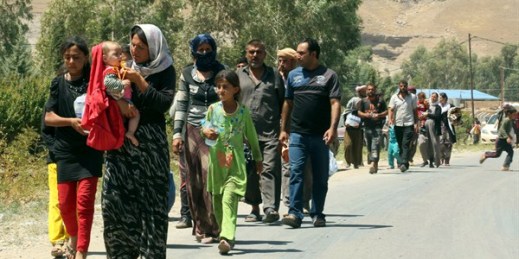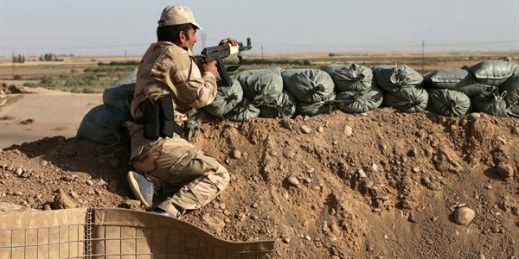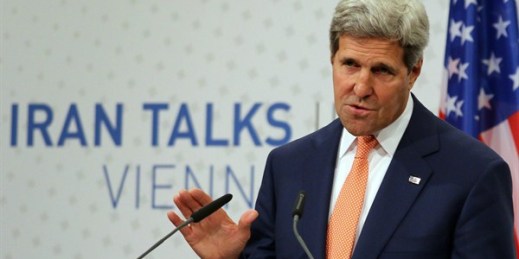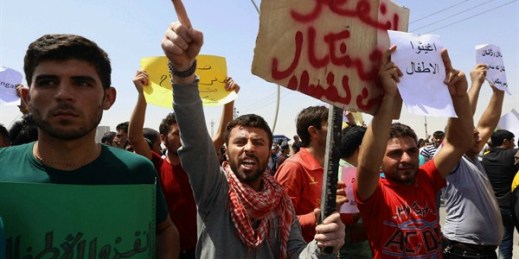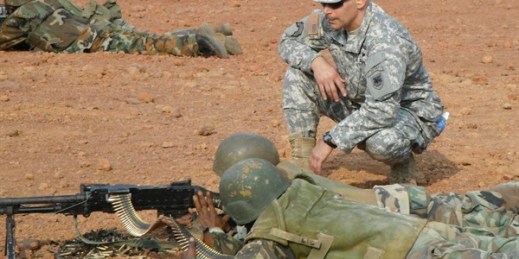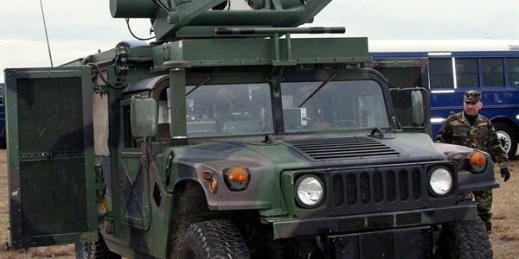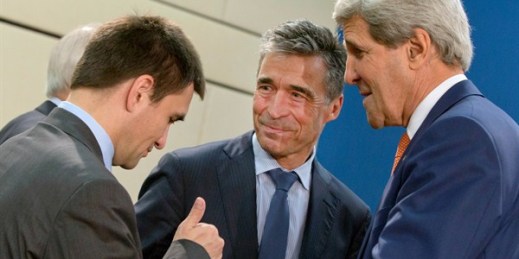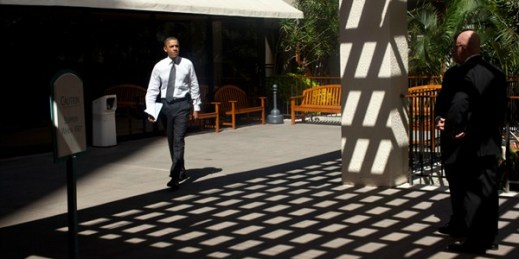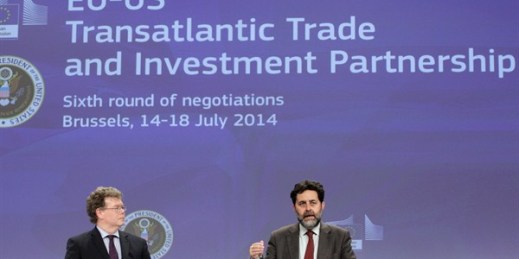
Last month, Germany voiced concerns over the inclusion of an Investor-State Dispute Settlement (ISDS) in the free trade agreement between the European Union and Canada. German objections also call into question the inclusion of an ISDS in the trade deal currently being negotiated between the EU and the United States. In an email interview, Timothy Josling, senior fellow at the Freeman Spogli Institute for International Studies at Stanford University, discussed the settlements and their role in international trade agreements. WPR: What is an Investor-State Dispute Settlement and how common is it in free trade agreements? Timothy Josling: Investor-State Dispute Settlement […]



